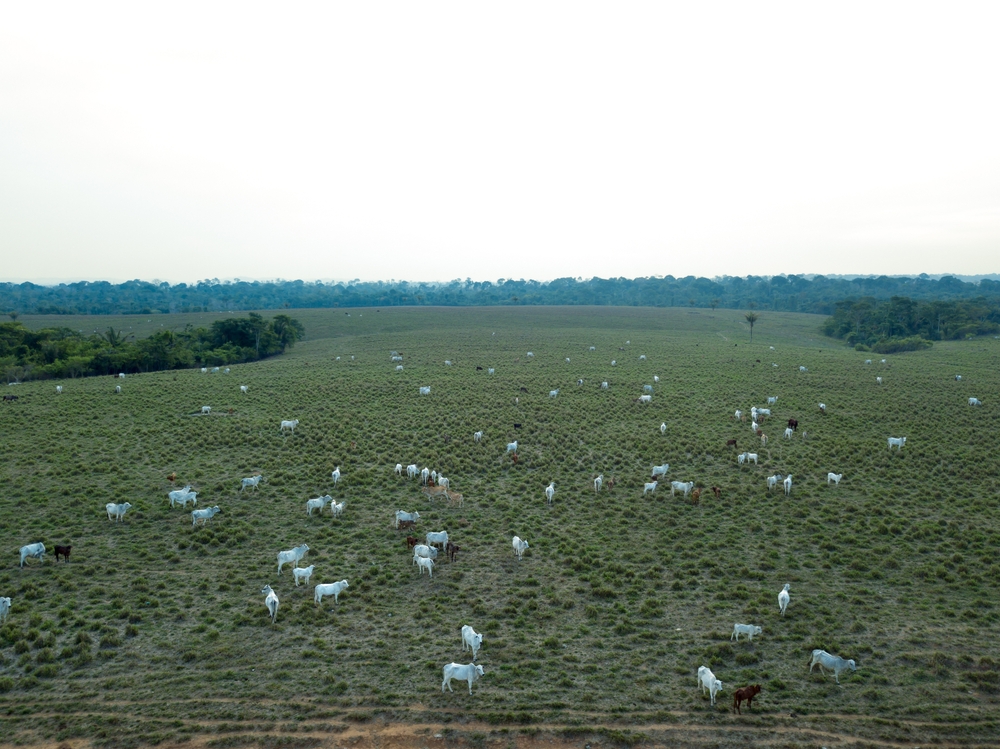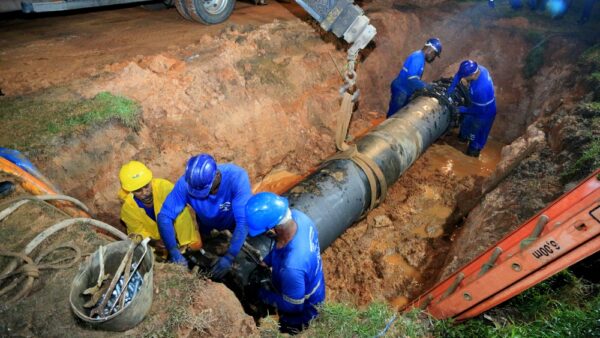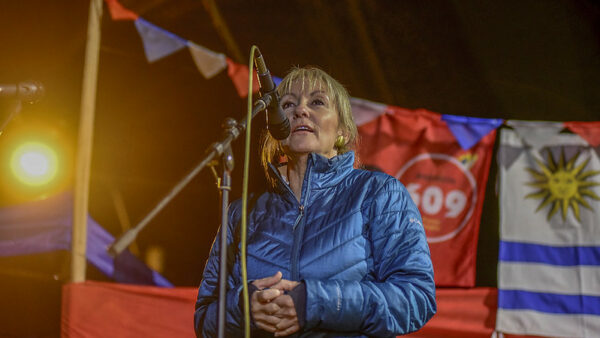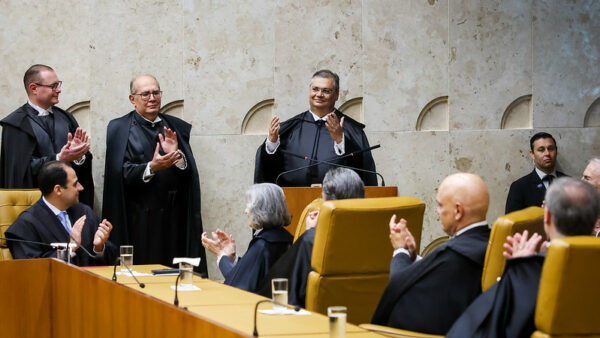The European Union on Tuesday agreed on a new law to prevent companies linked to deforestation from selling coffee, beef, soy, and other commodities on the EU market.
“I hope that this innovative regulation will give impetus to the protection of forests around the globe and inspire other countries at the COP15,” said the European Parliament’s lead negotiator, Christophe Hansen.
As we explained last week in our Brazil Daily newsletter, Brazilian beef producers have reasons to be concerned by the rules, which will require companies to produce a due diligence statement proving that their supply chains are not contributing to forest destruction.
A new report by think tank Chain Reaction Research finds that plants directly or indirectly linked to JBS, Minerva, and Marfrig — major exporters of frozen beef and leather products to the EU — are potentially linked to deforestation alerts in over 72,600 hectares of land in the Amazon rainforest and Cerrado savanna.
As the meatpackers “do not monitor all indirect supply, they cannot guarantee compliance with the upcoming EU Deforestation law,” CRR writes.
“JBS is the dominant buyer of cattle in all seven Brazilian states included in the sample, while buying zones of Marfrig and Minerva are concentrated in fewer states. For all three meatpackers, their indirect supplier base in the high deforestation-risk state Pará is nearly double compared to the direct supplier base,” the report writes.
The fragmentation of supply chains works to help deforesters in a similar way that the fashion industry often relies on slave-like labor to cut costs.
In 2021, the EU sourced 52 percent of its total imports of frozen beef from Brazil, as well as 28 percent of its total imports of tanned (wet blue) or crust hides and skins, and 30 percent of its total imports of prepared leather.
Amazon deforestation increased by almost 60 percent during the Jair Bolsonaro administration, according to official data published last week.


 Search
Search






































